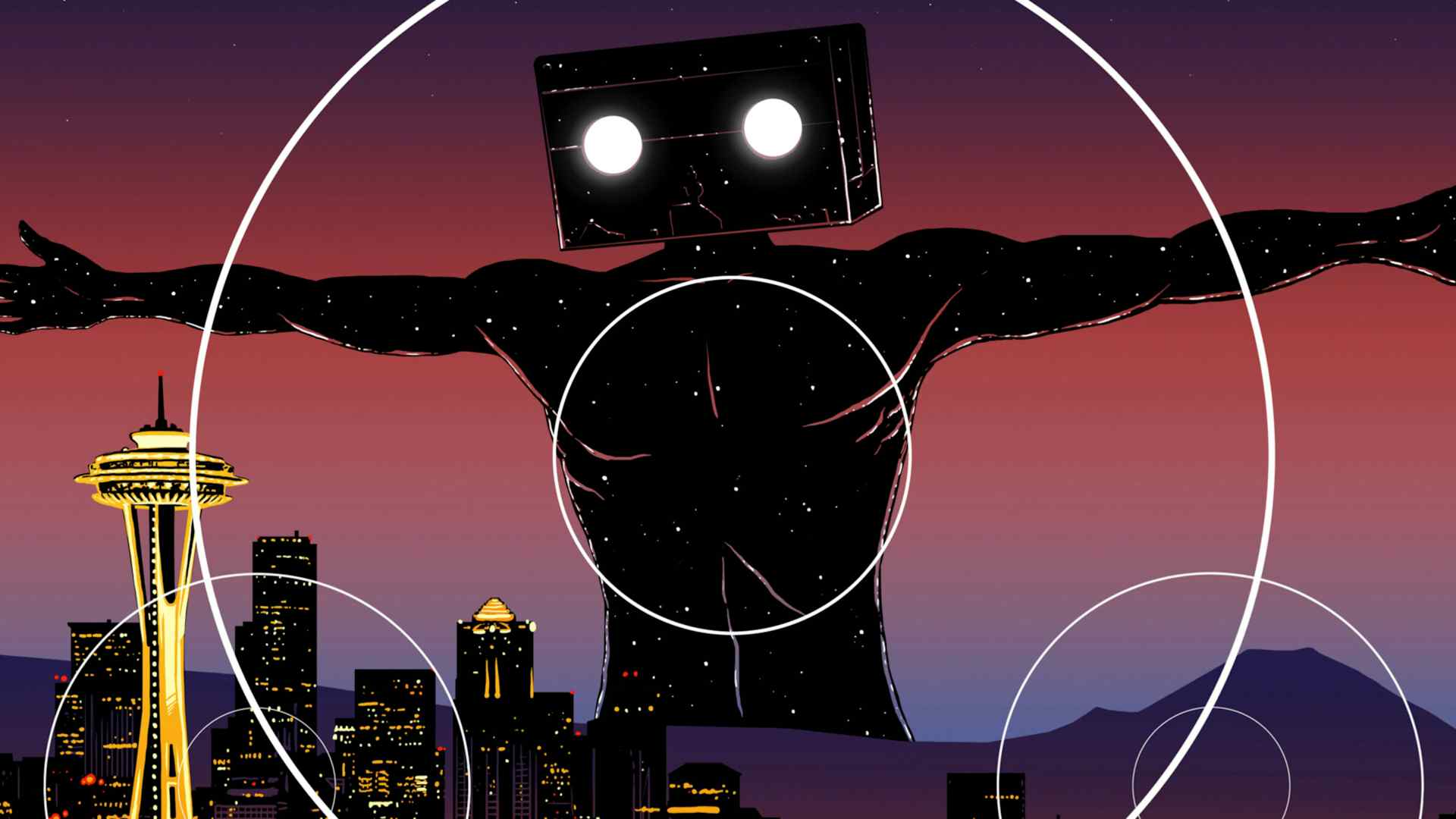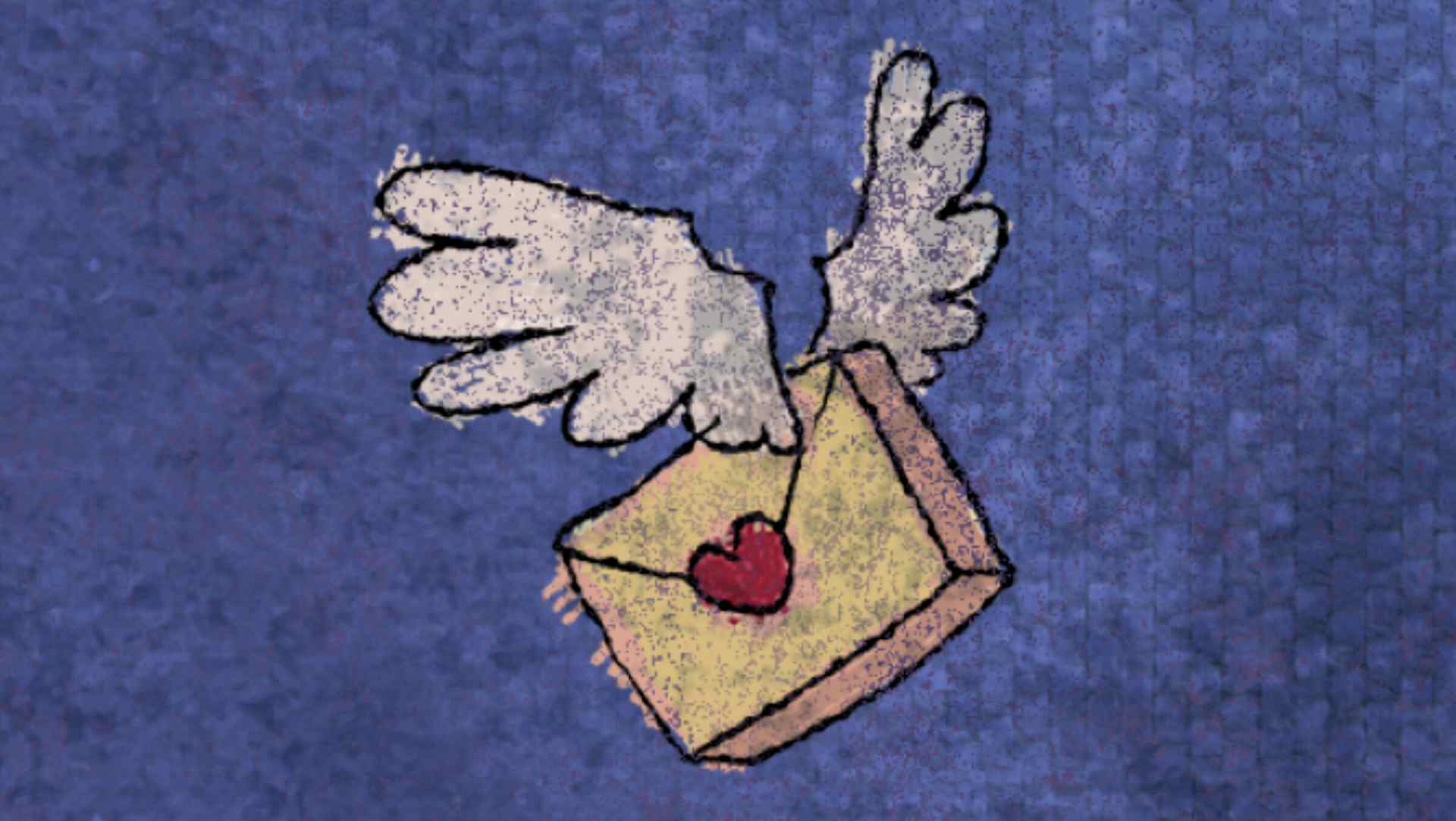Robert Horton is a Scarecrow board member and a longtime film critic. This series of "critic's notes" is chance to highlight worthy films playing locally and connect them to the riches of Scarecrow's collection.

The most unnerving thing about The Life of Chuck, directed by Mike Flanagan from a story by Stephen King, is how what it says collides with what it is. In brief, what the movie is saying has to do with various Shawshankian truisms about savoring the small moments in life and being true to one's instincts and perhaps being able to act wisely at certain crucial turning points. Stephen King does have a weakness for this kind of thing, and here its mushy effect is only slightly mitigated by what appears to be an impending apocalypse at the end of the story—which is near the beginning of the movie. (The tale is told in three sections, in reverse chronological order.)
What it is, though. That's something else, something that almost redeems the simpler brand of uplift. That's because Flanagan's vision of the story's world is ghostly, artificial, like a memory filtered through a computer program. This is not the real world, nor a movie stab at credibility. And, without spoiling too much, it might be possible that the world conveyed here isn't, after all, an intended version of reality, but some sort of palimpsest of the world, created by one person's imagination. This is like the uncanny Hollywood backlot pretending to be a small town in some old Twilight Zone episode, shuddering with a weirdness you remember long after the script's platitudes have faded away.
The first section, which is the final act, is a curio about two people who used to be married to each other (Chiwetel Ejiofor and Karen Gillan, both excellent) coming together because the planet might just be collapsing around them. They keep seeing billboards about a man named Charles Krantz, whose 39 years of service are being acknowledged, for some reason. In the second section, Charles, or Chuck (Tom Hiddleston), takes center stage, literally: The episode is little more than an anecdote about Chuck impulsively deciding to dance in a public square as a busker slaps out a drumbeat; he is joined, just as impulsively, by a woman (Annalise Basso) passing by.
The third section takes us through Chuck's childhood/teenhood (played by Benjamin Pajak and Jacob Tremblay), and various high-school travails. He lives with his grandparents (Mark Hamill and Mia Sara), and there may be a supernatural element in the household. These are the basics, and they remain basic, but you get the sense that all the way through to the quiet ending, Flanagan remains true to a literary idea, for better or worse—probably better, as this little fable would buckle under a brawnier treatment.
There's not a lot there, and yet something about this sustained artificial world sticks with me. Flangan's attention to actors should be pointed out, too, with the exception of Nick Offerman's too-familiar narrator. The film has quirky people in small roles (Carl Lumbly, David Dastmalchian, a very touching Matthew Lillard) and a comeback by Mia Sara that qualifies as a revelation. (She's been in movies for 40 years, but apparently some things do suddenly arrive with age.) Strange movie—neither fish nor fowl, neither shaw nor shank, and just a little too much uplift for this skeptic.
June 13, 2025


